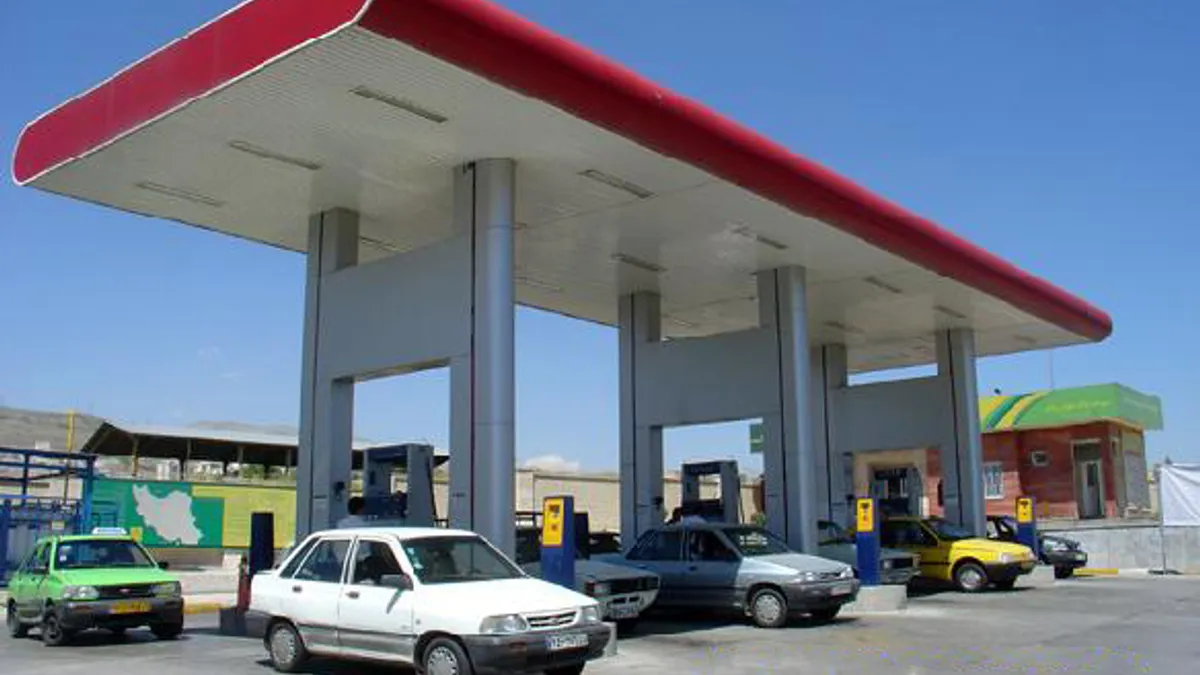Fans of CNG-fueled vehicles say they are cleaner-burning, quieter, a smoother ride for drivers and cheaper to operate. Using these vehicles is growing more popular in other industries, as well as in waste and recycling, and the main factor is that natural gas is cheaper than diesel fuel right now. But industry pros say the use of these vehicles is here to stay, regardless of oil or natural gas prices.
In March, Enterra Group OK’d a contract with U.S. Gain, to build and maintain what will be the biggest CNG station in Ontario, Canada. Enterra Group also plans to convert its whole fleet to CNG vehicles.
Enterra Group is not alone. In April, Progressive Waste Solutions announced that it would assemble a new fleet of CNG waste and recycling trucks in St. Louis, MO. In May 2013, the firm announced a goal of changing its fleet from a diesel truck operation to one with trucks powered by alternative fuels.
Evolving technology in converting landfill gas into CNG also is driving greater use of the fuel. Waste Management, an industry leader, has made a firm commitment to it.
The company’s North American fleet has 32,000 vehicles, 4,100 of which are natural gas trucks. The investment in CNG is a decision based on market factors for the company, but also one guided by corporate social responsibility.
Waste Management officials say that for every diesel truck the firm replaces with natural gas, it reduces WM's use of diesel fuel by an average of 8,000 gallons per year along with a reduction of 22 metric tons of greenhouse gas emissions per year.
They are in good company. Even regional landfills and waste haulers, like Seneca Landfill and Vogel Disposal Service in Jackson Township, PA, are adding CNG trucks to their fleets. The fuel is cheaper and the trucks are quieter, so buying 29 CNG trucks (out of a fleet of 100 trucks) made sense for the company, said Ed Vogel, vice president of Vogel Disposal Service and Seneca Landfill.
And while UPS and others outside the waste industry have embraced CNG vehicles, waste and recycling appears to be a leader in adopting CNG.
Costs versus savings
While industry pros say workers like the new CNG trucks better because they are quieter and a smoother ride, fuel costs are the main factor driving purchases of CNG trucks.
"It’s because of the low cost of CNG, compared to diesel fuel," said Jeremy O’Brien, director of applied research for SWANA. "A lot of refuse companies are switching to CNG, rather than using gas. It’s happening all over the country."
Adding the 29 CNG vehicles was a financial decision for Vogel Disposal Service, Vogel said. "We did it to control fuel costs. We are working on being able to fuel part of the fleet with this fuel, through the company’s landfill," he said.
The use of CNG vehicles in the waste industry goes back a couple decades. Its popularity has grown fast in recent years.
"In terms of the heavy-duty truck segment, the most rapid acceptance of CNG trucks has been in this industry," said Chaz Miller, director, policy/advocacy for the National Waste and Recycling Association (NWRA). "You’ve got more CNG garbage trucks than in any other heavy-duty truck industry."
The entire industry fleet in waste and recycling is about 100,000 vehicles, but it is unclear what percentage of them are CNG-fueled. And while some firms are filling their CNG trucks with converted landfill gas, this practice is not the norm. So the question of how to create a better gas distribution system looms. For this fuel to be accepted everywhere, trucks must have places to fuel up.
"You need a CNG fueling infrastructure...There are just two CNG stations in the entire DC metro area," Miller said.
'As with any technology it takes time and volume to become mainstream'
Utility companies also are factoring into CNG adoption in the waste and recycling industry. While landfill gas converted to natural gas or burned for electricity generation doesn’t make a huge profit for the landfill owner, some landfill owners say using the gas to fuel their own fleet makes sense.
"Some of our members are starting to use their own gas from the landfill [for vehicles], because the utility companies don’t pay much," O’Brien said. "Utilities are not converting to natural gas to generate electricity."
Many industry firms are seeing natural gas as one long-term solution to the problem of ever-increasing, and fluctuating, fuel costs.
"We are changing the base fuel platform and will still continue to pursue additional technologies like hybrids and electric vehicles," said Marty Tufte, Waste Management corporate fleet director.
More companies in the industry are likely to follow Waste Management’s lead. Many, like Vogel Disposal Service, already have, though not on the scale Waste Management has.
But can tapping gas that originally came from a company-owned landfill to fuel a fleet of trucks for the same company become routine in the future?
"Yes, as soon as the technology becomes more cost effective," Tufte said. "As with any technology it takes time and volume to become mainstream."





















